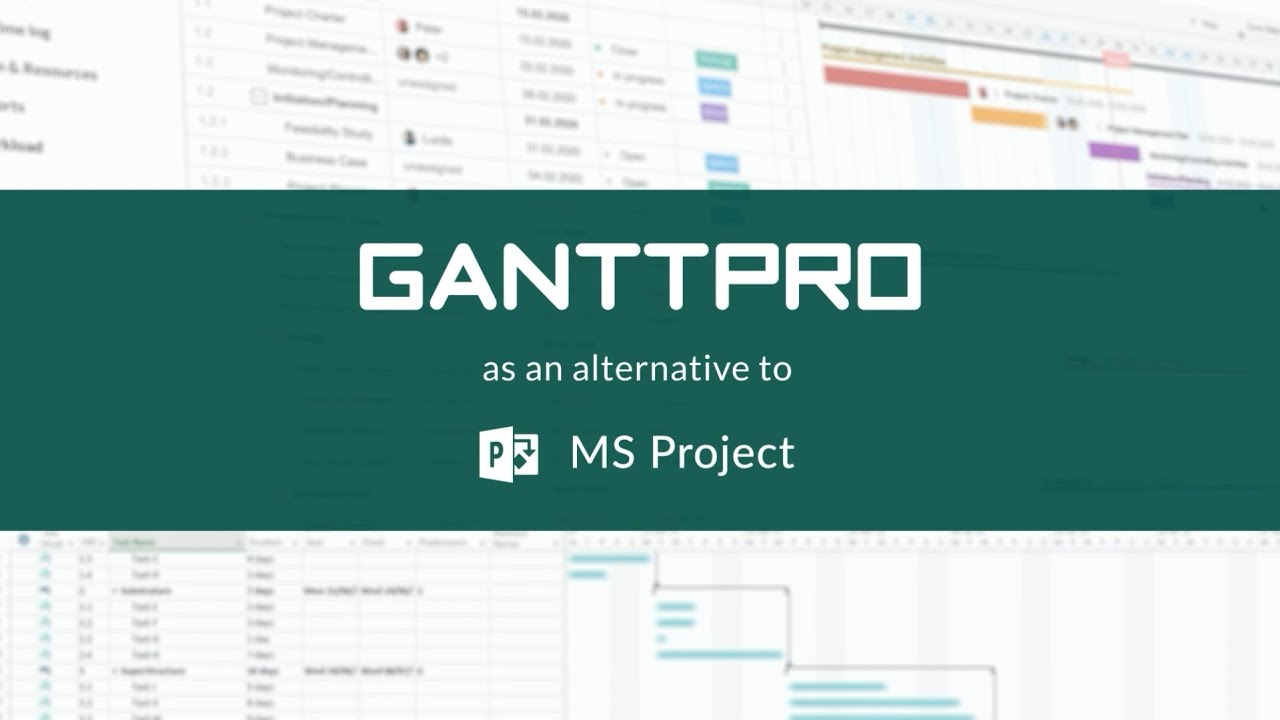What is Project Management?
Project management is the practice of leading a team to achieve a specific goal or set of goals. It involves planning, organizing, and controlling the resources, scope, and timeline of a project. Project management is used in various industries and domains, from construction and software development to marketing and event planning.
The primary objective of project management is to ensure that a project is completed on time, within budget, and to the required quality standards. Project management also involves managing risks and unexpected changes, as well as ensuring that all stakeholders are aligned and informed throughout the project.
Project Management Processes
The project management process can be broken down into five main phases: initiation, planning, execution, monitoring and controlling, and closing.
Initiation
The initiation phase involves defining the project scope, goals, and objectives. This phase also involves identifying stakeholders, securing approval and funding, and selecting a project manager.
A crucial part of the initiation phase is creating a project charter, which outlines the project scope, objectives, and stakeholders. The project charter should be reviewed and approved by all stakeholders to ensure that everyone is on the same page.
Planning
The planning phase involves creating a detailed project plan that outlines all the tasks, milestones, and deliverables. This phase also involves creating a project schedule, allocating resources, and identifying and mitigating risks.
A Gantt chart is a useful tool for visualizing the project timeline and tracking progress. Online Gantt chart tools, such as GanttPRO and Microsoft Project, can be used to create and manage project schedules.
Execution
The execution phase involves carrying out the tasks outlined in the project plan. This phase involves working with the project team, communicating with stakeholders, and ensuring that all project deliverables are produced on time and to the required quality standards.
Effective project management requires clear and open communication between all stakeholders, and regular progress reports should be provided to keep everyone informed.
Monitoring and Controlling
The monitoring and controlling phase involves tracking progress and making any necessary adjustments to the project plan. This phase also involves managing risks, issues, and changes to the project scope, timeline, or budget.
Regular project status meetings should be held to review progress and address any concerns. The project manager should also regularly review the project budget and timeline to ensure that the project is on track.
Closing
The closing phase involves completing all outstanding tasks, finalizing project documentation, and obtaining final approvals from stakeholders. This phase also involves closing out contracts and transferring ownership of the project deliverables.
A project closeout report should be created to document the results of the project, including any lessons learned, and to provide a basis for future projects.
Project Management Methodologies
There are several project management methodologies, including Waterfall, Agile, and Lean.
Waterfall
Waterfall is a traditional project management methodology that follows a sequential process. It involves completing one phase of the project before moving on to the next. Waterfall is best suited for projects with well-defined and fixed requirements, where the scope and timeline can be determined in advance.
Agile
Agile is a flexible and iterative project management methodology that emphasizes collaboration, adaptability, and continuous improvement. Agile projects are delivered in short cycles, known as sprints, and requirements are continually refined and adapted based on feedback from stakeholders.
Agile is best suited for projects with uncertain or rapidly changing requirements, where the scope and timeline are not fully defined in advance.
LeanLean is a project management methodology that focuses on reducing waste and increasing efficiency. It emphasizes delivering value to customers and reducing waste in the form of unused features or excess inventory.
Lean is best suited for projects with a focus on continuous improvement, where the goal is to deliver value to customers as efficiently as possible.
Each project management methodology has its own unique set of tools and techniques, and the best methodology for a particular project will depend on the specific needs and constraints of that project.
Project Management Professional (PMP) Certification
The Project Management Institute (PMI) offers the Project Management Professional (PMP) certification, which is recognized globally as the standard for project management. To become PMP certified, candidates must have a certain amount of project management experience and pass a rigorous exam.
PMP certification demonstrates a high level of knowledge and expertise in project management, and can provide career advancement opportunities for project managers.
Conclusion
Project management is a crucial aspect of successful project delivery, and involves a systematic approach to planning, executing, and controlling projects. There are several project management methodologies and tools available, and the best approach will depend on the specific needs and constraints of each project.
Project management is a constantly evolving field, and project managers must continuously develop their skills and knowledge to stay ahead of the curve. Whether you are an experienced project manager or just starting out, there are many resources available to help you improve your project management skills and deliver successful projects.

